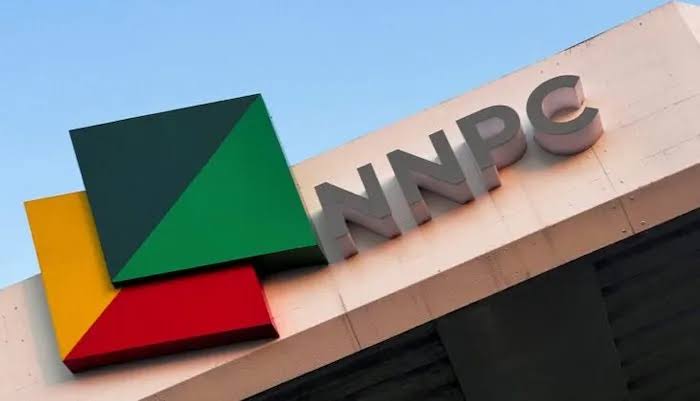The Nigeria National Petroleum Company Limited (NNPCl) has reaffirmed its dedication to removing structural barriers in order to provide a strong basis for an independent African refining ecosystem.
At the Global Community Insights Conference on the West Africa Refined Fuel Market, which took place at the Transcorp Hilton in Abuja, its Group Chief Executive Officer, Engr. Bayo Ojulari, revealed this in a keynote speech titled “Building an African Refinery Hub.”
He said that NNPC Ltd. could help transform Africa into a refining powerhouse by strategically reviewing and repositioning its refineries, acquiring strategic equity in the Dangote Refinery, condensate prospects, and supporting other third-party projects.
He went on, “NNPC Ltd. is prepared. We are prepared to work together to develop, invest in, and lead the development of an inclusive, robust, and globally competitive African refining environment.
Read Also: Dangote Raises Alarm: Africa Dependent on 120m Tons of Imported Petroleum Products Annually
He pointed out that policy harmonization, infrastructure integration, and indigenous ownership continue to be crucial forces behind downstream transformation and are necessary to establish a respectable African reference market that ensures energy security, lessens reliance on imports, and fuels Africa’s industrial ambitions.
Additionally, he praised the Nigerian Midstream and Downstream Petroleum Regulatory Authority (NMDPRA) for holding the event and promoting the discussion that will help Africa achieve energy independence.
He urged those involved in the refining industry to go from making promises to really delivering them, from having national aspirations to carrying them out locally, and from fragmented development to system-wide change.
“Let us construct not only refineries but also a new backbone for Africa’s industrial age,” he stated. Let’s polish this continent’s future, not just its crude. Let our activities represent the long-term goals of future generations as well as the requirements of the present.
Hon. Dr. Philip “Okanga” Agbese, a transformative leader in Enone. Discover his achievements, community projects, and vision for 2027

